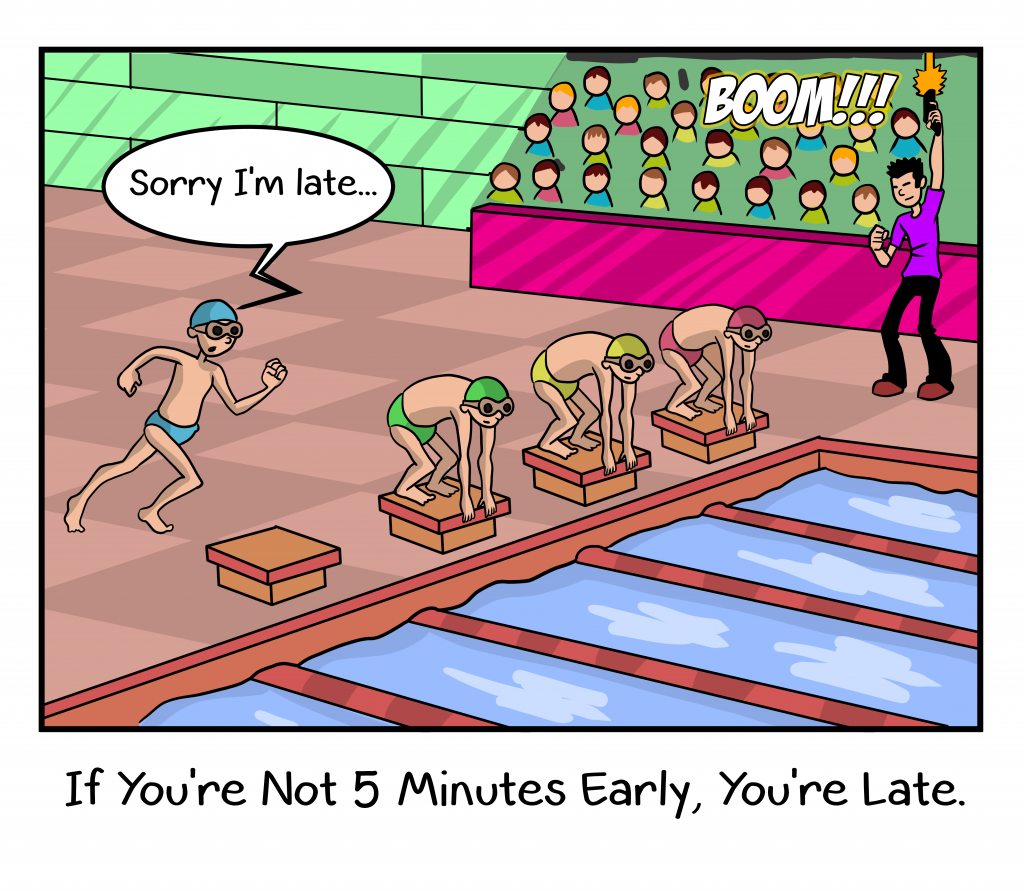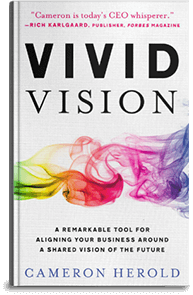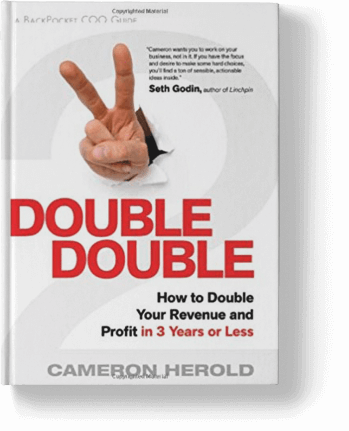Good time management means focusing your efforts to get more important things done in less time. It’s as simple as that.
Problem is, it’s not quite so simple to put into practice.
There are an infinite number of demands for your time and attention. Problems and tasks can come out of nowhere and can’t always be planned for – and many are just thrown at you by your co-workers on top of your already busy schedule. That’s why you need to know how to use your time effectively, or these circumstances could end in disaster.
So how do you do that?
Where Good Time Management Begins
Time management is a habit that begins most importantly with goal setting.
Without setting goals, you are merely putting together lists of “stuff” you need to do without any idea or plan of action on how and when you’re actually going to do them.
Instead, those things on your list should be goals and those goals should be SMART.
But what does it mean for your goals to be SMART?
SMART stands for:
- S – Shared
- M – Measurable
- A – Attainable
- R – Relevant
- T – Time-based
Using SMART Goals for Time Management
Before the start of each week, month, or quarter, write down all of the goals you want to achieve during that period of time. Thirty minutes of pure focus will allow you to really plan what goals you want to hit and how you’re going to hit them. The trick is to always think in advance but still be rooted and focused on the now.
“Break the habit of allowing people to have all their goals due on the last day of the quarter. You could even be doing this, too. There shouldn’t be one set day for goals to be done. Instead, create goals that matter throughout the month/quarter/year. You want to have something to accomplish all the time and to drive you forward. That means setting both large goals and smaller ones you can finish to achieve the big ones.” – Cameron Herold
Creating Goals That are Planned Out for Time Management
Think of your goals and time like a jar with rocks, sand, and water. If you took a large jar and filled it with large rocks all the way to the top, would it be full? No, there’d be a lot of empty space between rocks.
Could you then take a punch of pebbles and pour them into the jar to fill those spaces? Would it be full then? No, there’d still be small spaces between the pebbles.
Could you then add a bunch of sand to fill those spaces? Then would it be full? Not entirely. It would only be full once you added the water to the jar, filling all the spaces between the sand, pebbled, and rocks.
But what does this mean for goals and time management?
This is the type of planning you need to do:
- Put the rocks — your important items (your A’s) into your schedule far in advance.
- Then add the sand — your B tasks.
- Finally, add the water — all your C tasks and extra stuff that comes along that you need to get done. This way, you start with your priority items (your rocks) and make sure they are done before adding in the rest.
Planning allows you to work on the high-priority items before they get urgent and cause you too much stress. If you tried to put all the water, sand, pebbles, and rocks into the jar in reverse order, it wouldn’t work. The same goes for managing your time.
Time management is difficult, but it all starts with knowing how to set goals and knowing how to set them correctly. If you set SMART goals and plan out your tasks, you’ll surely get a handle on it!
What helps you manage your time effectively? Let us know in the comments below!
If you have questions or would like more information, I’d be happy to help. Please send an email, and my team will get in touch with you!
Editor’s Note: This post was originally published in February 2012 and has been edited for accuracy and comprehensiveness.

 Don’t consistently work at night or on weekends.
Don’t consistently work at night or on weekends.



